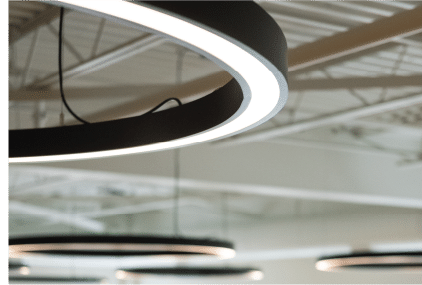Proper office lighting control is essential for enhancing productivity and employee well-being. Balanced illumination can significantly impact workplace dynamics and overall job satisfaction.
Enhancing Productivity
Proper lighting can significantly increase employee productivity.
Research indicates that well-lit environments boost focus and reduce fatigue. When employees are provided with optimal lighting conditions, they can perform tasks more efficiently. Insufficient lighting can lead to eye strain and decreased concentration, negatively affecting work output. Moreover, adjustable lighting options allow employees to tailor their environments to suit specific tasks, further enhancing productivity. In essence, investing in effective lighting solutions is tantamount to investing in workforce efficiency.
Improving Employee Well-Being
Good lighting promotes better mental health among employees.
An adequately lit workspace can improve mood and lower stress levels. Studies suggest that exposure to natural light can counteract feelings of anxiety and depression, fostering a more positive work atmosphere. By providing dynamic lighting options, such as adjustable brightness and colour temperatures, employers can create an environment that accommodates individual preferences. This not only supports mental health but also encourages collaborative work and creativity. A focus on lighting control reflects a commitment to employee welfare.
Enhancing Visual Comfort
Effective lighting control reduces visual discomfort.
Properly designed lighting prevents glare and harsh shadows that can cause visual fatigue. A well-lit office minimizes the risks associated with eye strain, which is often exacerbated in environments with poor lighting. The use of adjustable fixtures allows employees to modify lighting according to their needs, ensuring visual comfort. Furthermore, thoughtful colour choices in lighting can enhance the aesthetic appeal of the workspace while promoting a cohesive design. Ultimately, visual comfort is integral to maintaining a productive working environment.
Energy Efficiency and Sustainability
Smart lighting solutions contribute to energy conservation.
Implementing lighting control systems can lead to substantial energy savings. By utilizing sensors and timers, businesses can reduce unnecessary energy consumption when spaces are unoccupied. Energy-efficient lighting options, such as LED fixtures, also play a critical role in minimizing environmental impacts. Moreover, companies that emphasize sustainability often see improved public perception and employee satisfaction. In today’s world, energy-efficient solutions are not just beneficial; they are essential for responsible business practices.
Safety and Security
Adequate lighting plays a crucial role in ensuring workplace safety.
Inadequate lighting can lead to accidents and injuries within the workplace. Properly lit areas enhance visibility in critical zones such as stairwells and entrances, reducing the risk of falls and security issues. Furthermore, an intelligent lighting control system can automatically adjust lighting levels based on time of day or occupancy, thereby improving safety protocols. A clear commitment to safety through effective lighting reflects a proactive workplace culture, ultimately fostering trust among employees.
The Role of Daylight Integration
Integrating natural light into office design is beneficial.
Access to natural light has been linked to various health benefits, including improved mood and cognitive function. Strategic placement of windows and skylights can enhance daylight penetration, reducing reliance on artificial lighting. This natural integration not only lowers energy costs but also creates a more appealing workspace. Employees exposed to natural light are likely to report higher job satisfaction and overall well-being. Thus, integrating daylight effectively can significantly impact both employee morale and productivity.
Adaptive Lighting Technologies
Modern adaptive lighting technologies offer unprecedented flexibility.
These technologies enable unique lighting adjustments based on individual preferences and tasks. Systems that utilize app-controlled lights allow employees to customize their work environments to suit specific needs, promoting comfort and efficiency. Furthermore, adaptive lighting can adjust automatically throughout the day to mimic natural changes in sunlight, providing circadian rhythm support. By embracing these advancements, companies can create a tailored lighting experience that enhances workplace dynamics.
In conclusion, effective office lighting control is not merely an aesthetic consideration; it is crucial for productivity, employee well-being, visual comfort, energy efficiency, safety, and adaptability. Investing in advanced lighting solutions significantly benefits both employees and businesses, promoting a healthier and more efficient workplace.

